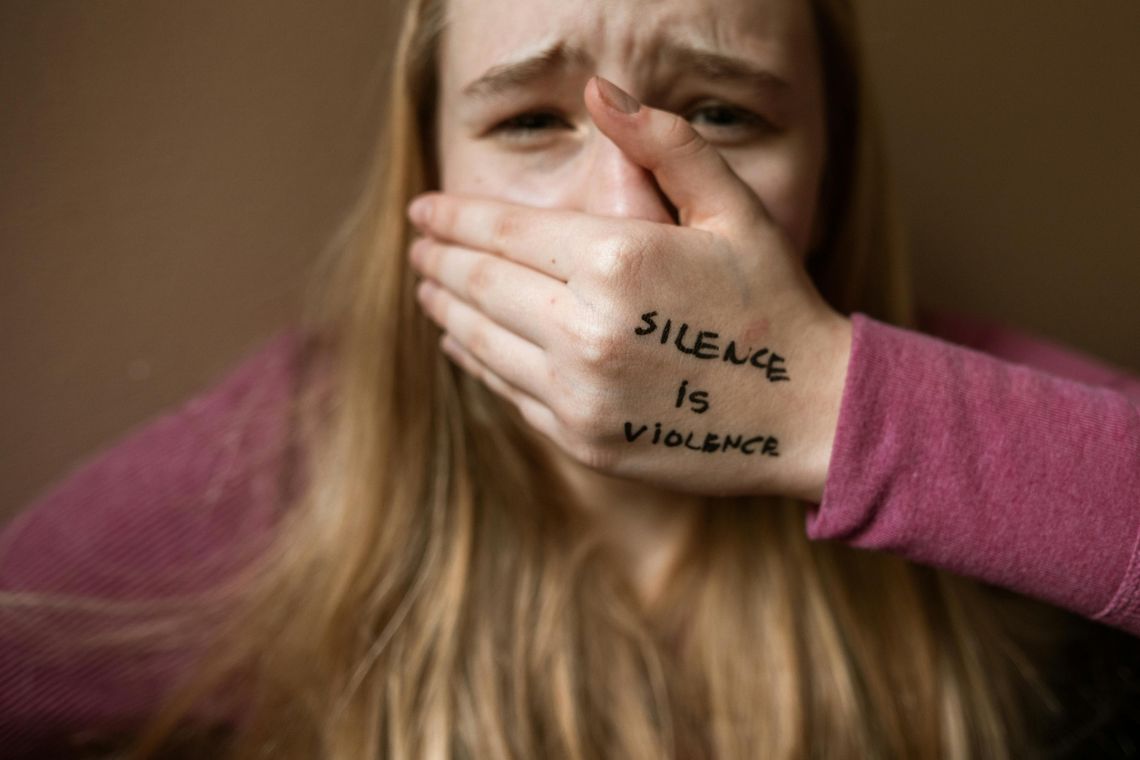The rise of ride-sharing services has brought about a new set of challenges, including a surge in reports of sexual assault involving drivers. Uber, a leading player in this industry, has faced numerous lawsuits alleging negligence in screening drivers and protecting passengers.
As settlements emerge, a crucial question arises: Can financial compensation truly heal the wounds inflicted by such traumatic experiences? In this article, we’ll discuss the complexities of these cases, examining the implications of settlements for survivors and the broader societal context.
The Psychological Impact of Sexual Assault
Sexual assault leaves deep psychological scars, affecting survivors' mental health, relationships, and overall quality of life. Post-traumatic stress disorder (PTSD) is a common aftermath, characterized by flashbacks, nightmares, hypervigilance, and emotional numbness. A UCLA Health research published in May 2022 looked at the long-term mental health effects of sexual assault on survivors.
The study underlined the long-term psychological impacts and the significance of comprehensive support services. This underlines the importance of survivors having access to mental health care.
The healing process is often long and arduous, requiring extensive therapy and support. While financial compensation can provide a sense of justice and alleviate immediate financial burdens, it cannot erase the trauma or guarantee emotional recovery.
The Role of Financial Compensation in Uber Assault Claims
According to ConsumerNotice.org, Uber and the California Public Utilities Commission agreed to a $9 million settlement in December 2021. The payment resulted from Uber's refusal to give information concerning safety breaches. This agreement emphasizes the value of accountability and transparency in ride-sharing systems.
Monetary settlements in Uber sexual assault cases serve multiple purposes. They can help survivors access necessary medical care, therapy, and other support services.
Additionally, compensation can provide financial stability, reducing the risk of economic hardship associated with the assault. However, it is essential to recognize that money is not a complete remedy. Survivors' needs are multifaceted, and financial compensation is just one component of their overall healing journey.
Uber's Liability and Corporate Responsibility
TorHoerman Law highlights that Uber has faced mounting pressure to address the issue of sexual assault on its platform. Lawsuits against the company allege negligence in background checks, driver screening, and passenger safety measures.
Courthouse News Service highlights that the Judicial Panel on Multidistrict Litigation (JPML) consolidated many sexual assault cases against Uber in October 2023. A multidistrict litigation (MDL) was created as a result of this decision to speed up the legal process.
It is a noteworthy legal development that makes managing these issues more effective. This action can result in a bigger payout for the impacted survivors.
The Challenge of Proving Damages
Successfully litigating a sexual assault case often involves demonstrating the extent of the victim's damages. This can be a complex and emotionally taxing process. Economic damages, such as medical expenses and lost wages, are generally easier to quantify.
However, assessing the value of pain, suffering, and emotional distress is more subjective. Expert testimony from mental health professionals can play a vital role in establishing the impact of the assault on the survivor's life.
Beyond Financial Compensation
While financial settlements are essential for individual survivors, addressing the root causes of sexual assault requires a broader societal response. This includes strengthening legal protections for victims, improving prevention and education efforts, and fostering a culture of consent and respect.
The Uber lawsuits highlight the urgent need for the ride-sharing industry to prioritize passenger safety and implement robust measures to prevent future assaults. Uber attempted to use a clause in its terms of service to prevent the consolidation of lawsuits. However, the Lawsuit Information Center notes that in May 2024, a judge ruled this clause unenforceable, allowing the MDL to proceed.
FAQs
What psychological impact does abuse have on the victim?
Abuse can lead to severe psychological impacts on the victim, including depression, anxiety, and post-traumatic stress disorder (PTSD). Victims often experience feelings of shame, guilt, and low self-esteem, which can persist long after the abuse has ended. Long-term effects may also include difficulty forming trust and maintaining relationships.
What is the Uber sexual assault controversy?
The Uber sexual assault controversy involves numerous allegations of sexual misconduct by drivers against passengers. These incidents have led to multiple lawsuits and significant public backlash against the company. The controversy has highlighted concerns about passenger safety and the effectiveness of Uber's background checks and safety measures.
How is Uber responding to sexual abuse?
Uber has implemented several measures to respond to sexual abuse allegations, including enhancing driver background checks and introducing new safety features in the app. The company has also established a Safety Advisory Board and partnered with organizations to support sexual assault survivors. Additionally, Uber is working on increasing transparency and improving reporting mechanisms for safety incidents.
The rise of ride-sharing has exposed a dark side, with Uber facing numerous lawsuits for failing to protect passengers from sexual assault. While financial settlements can offer a path to healing by covering therapy and lost wages, they can't erase the trauma.
The legal fight against Uber showcases the need for a multi-pronged approach. Survivors need robust support systems, the industry needs improved safety measures, and society needs to address the root causes of sexual violence.


Comment
Comments